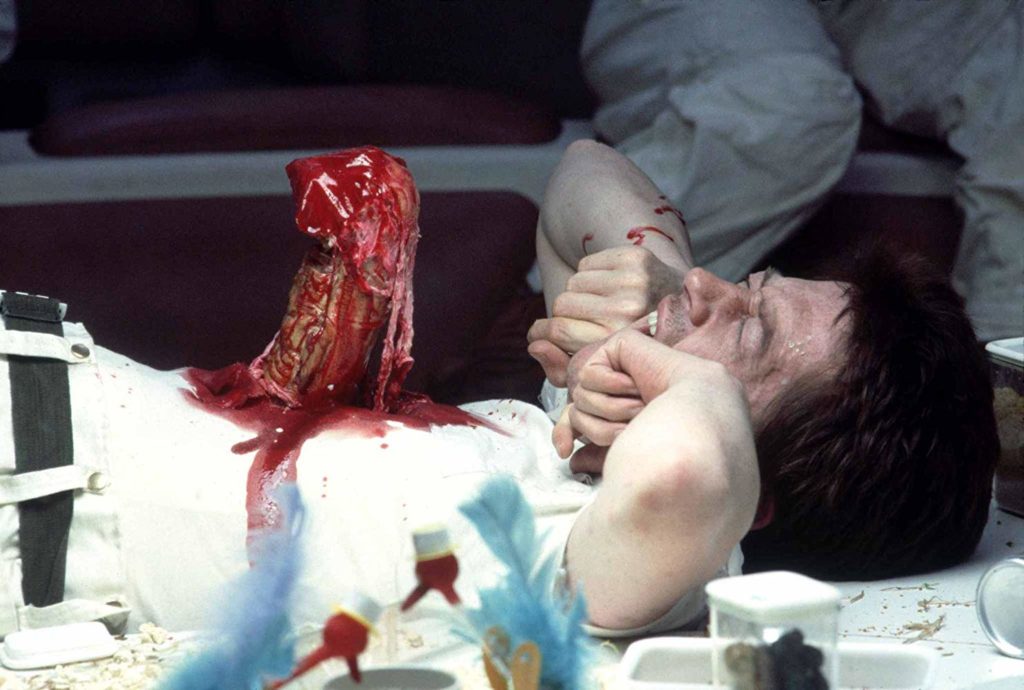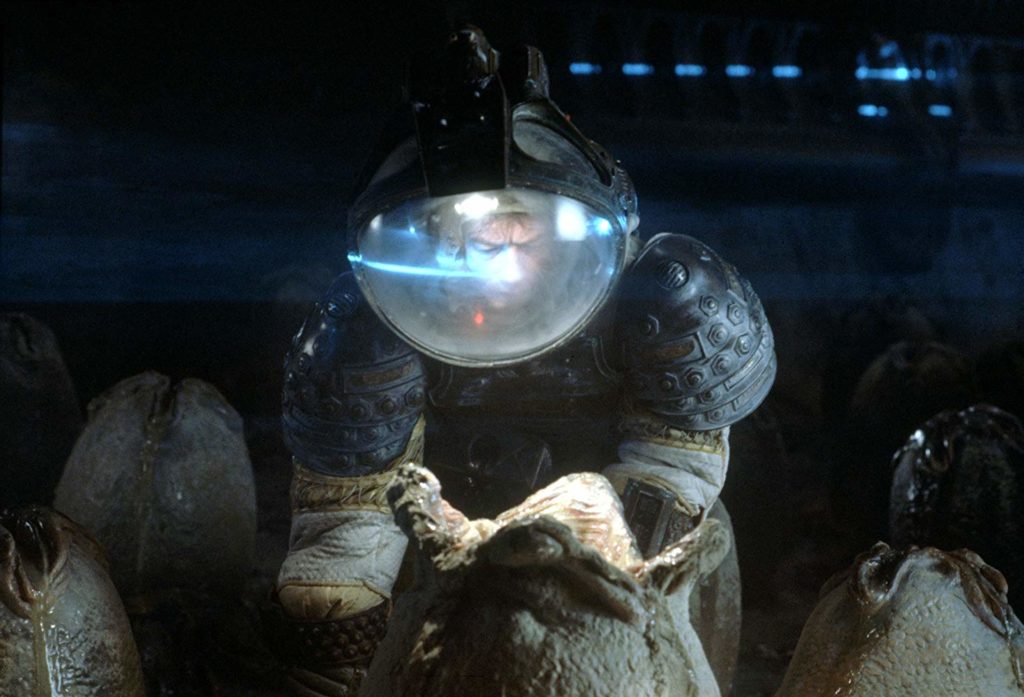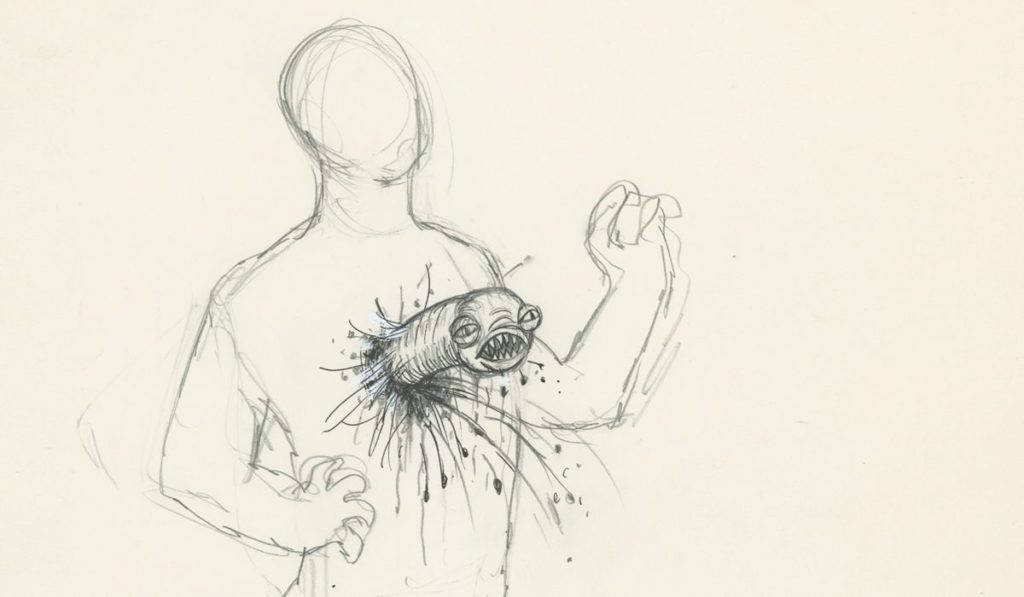Four decades ago, Alien changed cinema forever. The xenomorph is a monster that has lasted like few others, and the film has carved itself a place in the history books. Alexandre O. Philippe’s documentary Memory: The Origins of Alien tracks exactly what kind of feverish, sensational and at times perverse imagination went into the film’s planning, and what made it stand out so much when it was released.

Memory is an absorbing, wide-ranging tale of what makes the film tick. It includes details on the childhood of writer Dan O’Bannon, someone who, after watching this, you will feel deserves more credit than even director Ridley Scott for making the film such a classic. The documentary however stresses that Alien needed a team to realise the vision. Fascinating interviews with producers and designers of the film are interwoven with archive footage from the set. Most satisfying of all is the inclusion of H.R. Giger. If Bannon brought the story to life, Giger birthed the alien from the crevasses of his imagination, resulting in one of cinema’s greatest ever inhuman creations. Scott, Bannon and Giger get the credit they deserve, as do many of those who made Alien what it is today.
The level of interpretation and history is stunning, and a Necronomicon’s (H. R. Giger) joyous retreat into mid-20th century movie history. It is explored how Greek myths and the artwork of Francis Bacon, among other things, filtered into the film’s design so memorably. Detailed too are Giger’s haunting artistic visions, and how they gave rise to a creature that ticks all the boxes of monstrosity; the xenomorph is animalistic yet strangely mechanical, with no remorse, and with peculiar sexual connotations. Memory offers an account of how such an unthinkable beast became realised on the big screen in a way that you cannot take your eyes off.

Perhaps frustratingly, Sigourney Weaver does not feature at all, bar clips from the film and still images. Yet her absence barely detracts from the experience. Instead, a fascinating array of individuals are chosen to discuss the film from their own perspectives, from people who worked on the film to critics and historians. Two of the cast members – Veronica Cartwright and Tom Skerritt – do feature, and add a whiff of star-powered wisdom to a line-up that already holds your interest. Hearing the interviewees talk, you soak in every second of the running time, and Memory transforms into an incredible escapist history lesson, every moment filled with gravity and significance.
Snippets are presented through recreated interiors of the Nostromo ship, giving weight to one of the documentary’s arguments – that Scott’s film was one of the first sci-fis to feel even just potentially real. It is a point emphasised by the way that Alien’s very design is embedded into the way that Memory tells its story. The realism, the agonising detail, the triumphs and failures all give the story real staying power. Gripping also are the various interpretations and theories about the film, which cover areas such as 1970s class divisions, masculine fantasies, psychoanalysis and mythology. Memory gets you wanting to watch Alien again so you can experience it in a fuller way, as if you have a deeper level of understanding that prepares you to watch it with fresh eyes.

Memory tasks itself with exploring in all the messy details exactly what makes Alien so special. It does so with incredible minuteness and style, leaving you more in awe of Ridley Scott’s classic than you will have been before.
Memory: The Origins of Alien comes to UK cinemas 30 August and DVD & on demand 2 September 2019.
